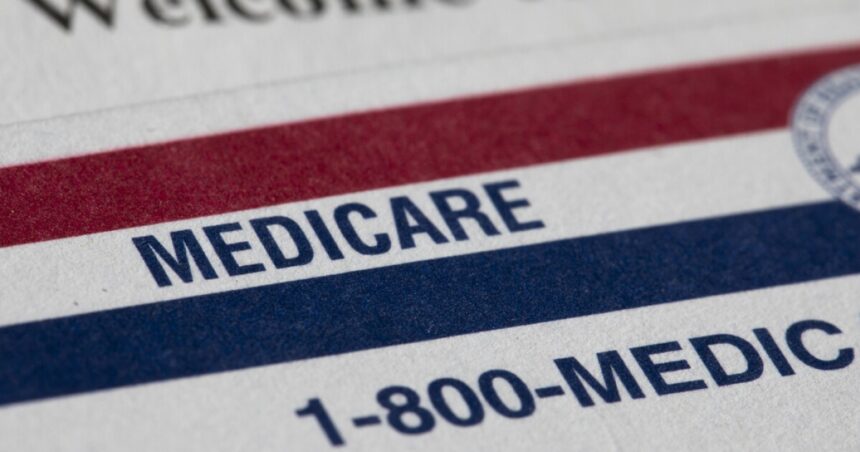The White House announced Thursday that it has successfully reached an agreement with drug manufacturers in the Biden administration’s efforts to negotiate Medicare prescription drug prices.
Earlier this year, the Centers for Medicare & Medicaid Services presented drug companies with proposed prices for 10 popular medications. Companies had the option to accept the government’s proposed prices or provide a counteroffer. However, the companies chose to challenge the process, claiming it was unconstitutional.
RELATED STORY | ‘It’s very frustrating’: Voters voice concerns with rising health care costs
Following a judge’s dismissal of the drugmakers’ claims, negotiations between the Centers for Medicare & Medicaid Services and the drug manufacturers took place throughout the spring and summer.
The agreed-upon prices will go into effect on Jan. 1, 2026.
The ability for Medicare to negotiate drug prices was granted in the Inflation Reduction Act passed by Congress in 2022. The act also imposed a $2,000 cap on out-of-pocket drug expenses for Medicare Part D beneficiaries.
The 30-day supply costs for the 10 medications are as follows:
- Eliquis (prevention and treatment of blood clots): $231
- Jardiance (diabetes; heart failure): $197
- Xarelto (prevention and treatment of blood clots; risk reduction for patients with coronary or peripheral artery disease): $197
- Januvia (diabetes): $113
- Farxiga (diabetes; heart failure; chronic kidney disease): $178
- Entresto (heart failure): $295
- Enbrel (rheumatoid arthritis; psoriasis; psoriatic arthritis): $2,355
- Imbruvica (blood cancers): $9,319
- Stelara (psoriasis; psoriatic arthritis; Crohn’s disease; diabetes): $4,695
- Fiasp (diabetes): $119
The new prices reflect discounts ranging from 38% to 79%. The White House estimates that these negotiations will save Medicare $6 billion and Americans $1.5 billion in the first year.
RELATED STORY | Medicare is negotiating drug prices. Here’s why that matters
President Joe Biden expressed, “When these lower prices come into effect, Medicare beneficiaries will save $1.5 billion in prescription drug costs, and Medicare will save $6 billion in just the first year. This will provide relief to millions of seniors who rely on these medications for various conditions.”
If drugmakers declined to participate in the negotiations, they would have had to remove their drugs from the Medicare program or face an excise tax of at least 65% of their U.S. sales.
Initially, drugmakers opposed the legislation and filed lawsuits against the Biden administration to halt the negotiations.
Following this negotiation round, the government plans to continue negotiating prices for 15 additional drugs in 2025, 15 more in 2026, and 20 in 2027. In total, Medicare aims to negotiate pricing for 60 drugs over the next four years, with the new prices set to take effect by 2029.





